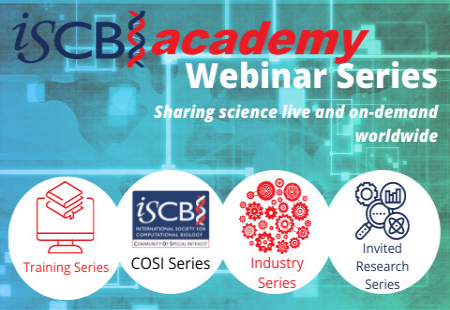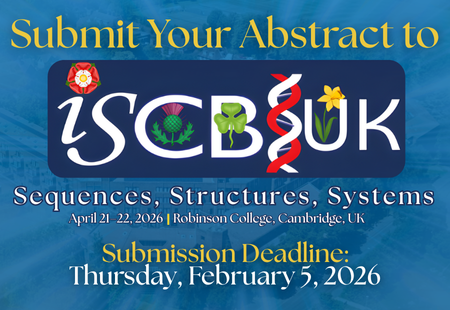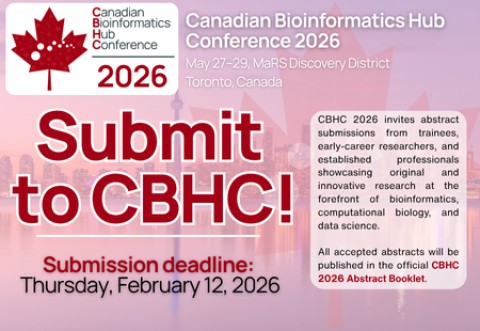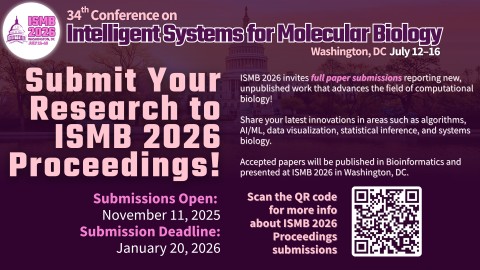FASEB Washington Update - September 3, 2010
Inside (The Beltway) Scoop – Jennifer Zeitzer
The relative quiet that blanketed Capitol Hill this month was disrupted on August 23rd by a Federal District Court ruling barring federal funding for human embryonic stem cell research (see related story below). Given that nearly all members of Congress are outside of Washington at the moment, the reaction to the judicial decision was limited to a few comments from key stem cell supporters, and it is not clear what legislators will do once they return to work the week of September 13th. > More Details >
Injunction Bars Federal Funding for Human Embryonic Stem Cell Research
On Monday, August 23rd, Federal District Court for the District of Columbia Judge Royce Lamberth issued a preliminary injunction barring the Department of Health and Human Services (HHS) Guidelines for Human Stem Cell Research from taking effect, thereby prohibiting the use of federal funds for human embryonic stem cell research (hESC). In response to the decision, the National Institutes of Health (NIH) ordered an immediate shutdown of hESC research conducted in its intramural program. While extramural research for which funds have already been awarded is currently allowed to proceed, NIH will not review or award any new grants, competing renewals, or continuations involving hESCs. Earlier this week, HHS and NIH appealed the judge’s decision, filed an emergency motion to stay the order pending the appeal, and requested that the court rule on the motion to stay by Tuesday, September 7th. > More Details >
FASEB President Discusses NIH Funding For 2012
FASEB President William Talman recently discussed fiscal year 2012 funding for the National Institutes of Health (NIH) with analysts from the White House Office of Management and Budget (OMB). The August 18th meeting was coordinated on behalf of the Steering Committee of the Ad Hoc Group for Medical Research. > More Details >
FASEB Responds to Senate Introduction of the Great Ape Protection Act
On August 3rd, Senators Maria Cantwell (D-WA), Susan Collins (R-ME), and Bernard Sanders (I-VT) introduced a Senate version the Great Ape Protection Act (GAPA). The bill (S 3694), which is identical to that which was introduced in the House of Representatives in 2009, seeks to prohibit invasive research on great apes, defined as gibbons, gorillas, bonobos, orangutans, and chimpanzees. “Invasive” is defined in such a way as to preclude the use of these animals in any biomedical research application. Despite the small number of great apes used in biomedical research, their role is extremely valuable. Chimpanzees remain the only valid research model for the development of a vaccine that could prevent infection from the hepatitis C virus. > More Details >
National Science Board Considers NSF Data Policies and Mid-Scale Research
On August 25, 2010, the National Science Board (NSB), the National Science Foundation (NSF)’s advisory body, convened a two day meeting, the agenda for which can be viewed here. Among the salient topics discussed were the approvals of the charges of the Committee on Strategy and Budget, Task Force on Data Policies and the Committee on Programs and Plans, Task Force on Unsolicited Mid-Scale Research. > More Details >
FASEB’s Washington Update is brought to you bi-monthly by the FASEB Office of Public Affairs. We welcome your questions and comments – please contact Jennifer Zeitzer at This email address is being protected from spambots. You need JavaScript enabled to view it. or 301-634-7650. For more information about how to get involved in research advocacy, visit: http://capwiz.com/faseb/home/



























